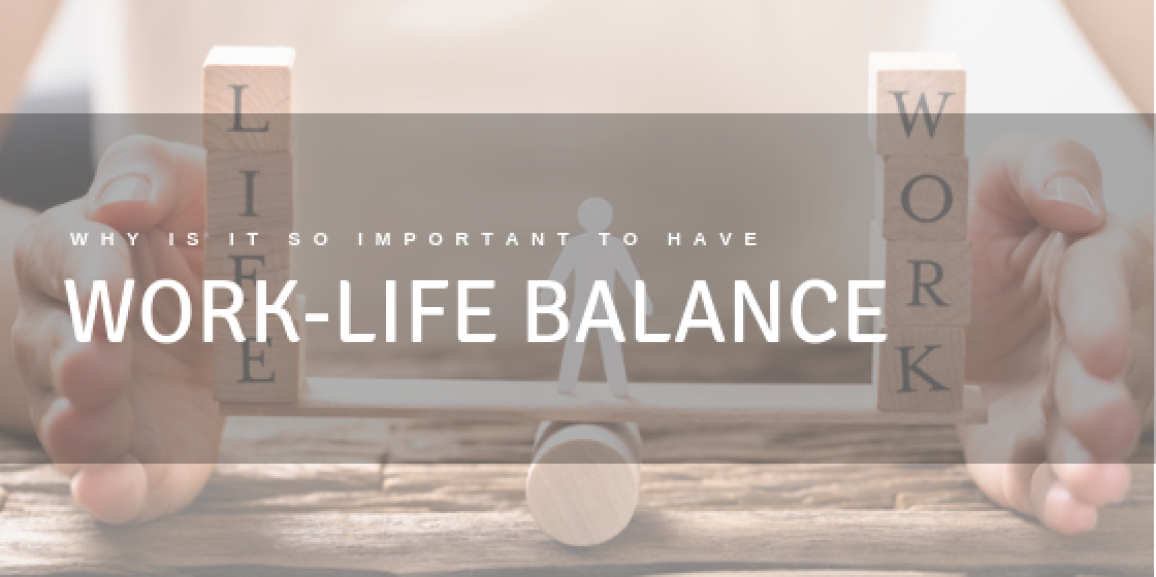Why is it so important to have work-life balance?
Australians work some of the longest hours in the developed world. In doing so, we also contribute $128 billion in unpaid overtime, which works out as an extra six hours per week for the average full-time employee. Now, add to the mix that one in five Australians have taken time off work in the past 12 months due to feeling stressed, anxious, depressed, or otherwise mentally unhealthy, and that mental health workplace compensation claims cost Australian workplaces $146 million in 2014. Working reasonable hours has been shown to have a positive impact on employee health, reducing the likelihood of suffering from stress and anxiety.
With these statistics in mind and the holidays approaching, we want to take this opportunity to remind you of the importance of spending quality time with family and friends over Christmas/New Year period.
As an investigation firm, we often see the deleterious effects of a poor work-life balance when they reach a tipping point. Whilst stress and mental health claims have many causes, and many small factors may build towards an employee submitting a claim, we find that ‘mentally healthy’ workplaces – those that encourage work-life balance, expect employees to leave on time, and support employee mental health and workloads – tend to have fewer claims and happier, more productive employees. Additionally, we have noticed a trend of Australians stacking their leave to take at one time, which means a longer work year with fewer much-needed breaks. We find this tends to compound work-related stress, and strongly advise against it.
Along with this, it is well-documented that people who build and (importantly) maintain positive, meaningful relationships inside and outside of work report generally better levels of happiness and health. The quality of the relationships has been found to be more important than the number, suggesting that all those extra hours at work we spoke about earlier may have a more damaging effect on your overall happiness and wellbeing than you might think.
So, this holiday period, we urge you to spend time away from work, and be wholly present for your friends and loved ones. Play with your kids at the beach, instead of hanging back and checking emails. Help them with their holiday homework. Try to avoid doing ‘just a little bit’ of work before date night with your partner. The work will still be there when you return, and you will be more recharged and focused when you come back to it!







